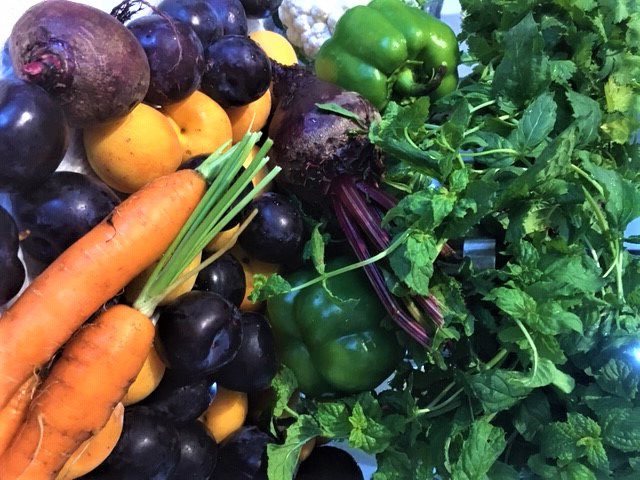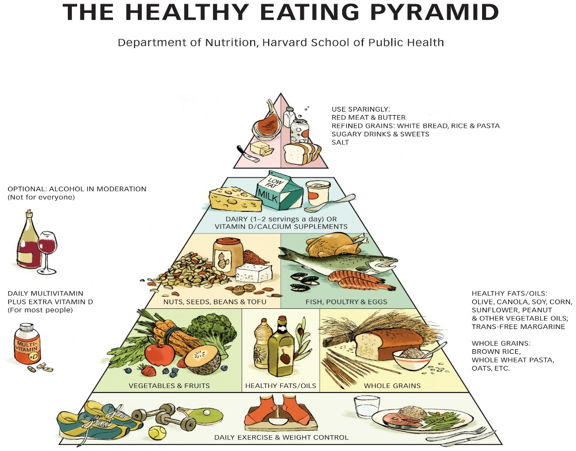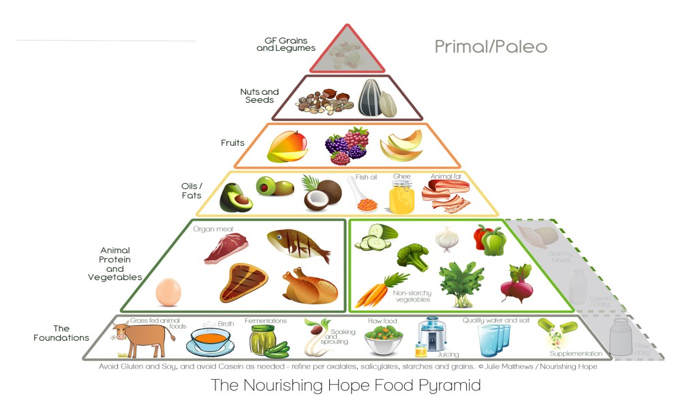
“You are what you eat” Do you remember your parents saying that to you? I do, it just took me a long time to understand what they meant.
Fuel
I am not here to tell you what to eat. Vegan, vegetarian, fruitarian, carnivore, animal based, paleo, keto, caveman, Mediterranean, low FODMAP, the list of ways of eating are endless and my sincere suggestion for you is to experiment and find the way of eating which makes you feel optimal.
There are certain things that are not optimal or even normal;
- Feeling bloated after every meal
- Going for a poo constantly
- Not pooing for days
- Eating food you don’t like because its ‘good’ for you.
- Indigestion after every meal
If this is you then this is your body telling you that something in your diet is not agreeing with you.
How did we get here?
The food pyramid developed in the 60s has been largely discredited and it has been proven that its genesis was the very food companies that want you to eat their processed food products.
Let me give you an example. Ever since I was a kid we have been told that pure butter is bad and will almost certainly kill you immediately and that margarine is so much better for you, will lower your cholesterol and probably walk the dog too.
In reality we now know that this is completely false. Pure butter with no additives is an amazing food product and in moderation has zero health detriments.
Margarine on the other hand is made of super heated seed oils , very high in linoleic acid (a poly unsaturated fatty acid or PUFA) and leads to inflammation and disease. Its literally poison.


So what’s the solution? How do I eat healthier? It’s so confusing.
The solution is actually remarkably simple. Focus on where your food comes from, the nutrient density and quality of produce.
Good food isn’t cheap and cheap food isn’t good.
It’s really that simple and comes down to what you place value in. Supermarket milk that costs $1 is not the same as organic, grass fed milk brought direct from the farmer so it costs more.
Grass fed, organic steak from your local farmers market is 30% more expensive than buying grass fed from the supermarket and twice the price of budget, grain fed steak. But it is tastier and more nutritionally dense.
Eggs are one of the best example of marketing over reality. The public has been guilted (and rightly so) into buying free range over cage eggs. What if I told you that in many cases the only difference is a few holes in the side of the chook shed where the hens can go out if they want?
Supermarket free range eggs are fed corn or soy as food. They are nutritionally bereft due to this practice which is the cheapest way to feed them. When you consume the eggs you also consume the corn and soy through the meat which is very high in……… yes, linoleic acid.
If you buy pasture raised eggs that have eaten grass and bugs like you know, actual chickens ,the taste , nutritional content and quality is off the charts BUT you will pay 50-70% more per dozen. You will however likely give your hard earned money direct to the actual farmers who raised them and that is a pretty amazing thing which brings me on to where to buy your food.
The two major supermarket brands in Australia control about 80% of the market in a duopoly that has allowed them to pressurise farmers into continual cost reduction and driven down the quality of the food consumed in the country.
My challenge to you wherever you live is to try and find a way to bypass the supermarkets and get as close to the point of production as you can.
How to do this?
- There is no doubt that the best way is through a farmers market or direct from the farmer. You can meet the farmer, ask questions and actually develop a relationship with your food. Many places are now starting to host farmers markets and even if you live in a city you may be surprised.
- An actual market where you buy direct from the stall holder who has brought direct from the farmer or wholesaler. Not as good but still a lot better than a supermarket.
- An independent retailer. Support your local butcher, greengrocer, baker , etc. These people are getting rarer and rarer due to price pressure from supermarkets. There is no substitute for a quality butcher who can prepare your meat however you want it and actually knows what he is talking about.
- A not so independent retailer such as IGA is still better than the big two as they tend to feature more local suppliers but don’t be seduced by the marketing, there is a lot of non-local and internationally sourced product.
- Yes, the supermarket. Buyer beware, check the country of origin. Product of Australia is the only guarantee that the produce is from the country. Do not be seduced by special offers. Vietnamese prawns are half the price of Australian for a reason. I would rather eat the packaging they came in.
And finally…………….
Chemicals in food.
We unfortunately consume a huge amount of chemicals when we eat mass produced and processed food grown in factory farming and mono crop production.
None of this is any good for us and its likely the true extent of the effect on humans will not be known or understood for decades.
The ONLY way to avoid the chemicals is to grow and hunt your own food but let’s be honest ,that’s not really practical. The next best thing is to buy from your local farmers who will sell you the highest quality food with least amount of chemicals.
A simple rule of thumb is the further away the produce is from the point of production , the more chemicals have been used to preserve and keep the item ‘fresh’. An example, when I was a lad I had a job unloading bananas from South America. When we cracked open the container we couldn’t go in there for at least 20 mins to let the gas that was used to stop the bananas ripening dissipate at it wasn’t good stuff.
When you get your fresh fruit and veg home the first thing we do is wash it with a little apple cider vinegar to wash off any nasties. This takes five minutes and if you buying supermarket produce it is essential.
In summary:
- Eat what works best for your body.
- Quality over quantity
- Nutrient density over everything (the most nutritionally dense food you can eat is beef liver)
- Know where your food comes from
- Eat food that comes as close as possible to where you live
- The less ingredients in what you are eating the better
- Avoid supermarkets as much as possible
- If you had to open a packet to get to it then its processed food
- If it didn’t exist as a foodstuff a hundred years ago avoid it.
- The food you use as fuel should make you feel amazing!
PHOENIX HOLISTIC WELLNESS IS Our life path
This is why our practices are offered on a value for value model.
Which means you pay what the treatment is worth to you and what you can afford, as we want everyone to benefit from these practices designed for health & wellbeing but made with unconditional LOVE!

